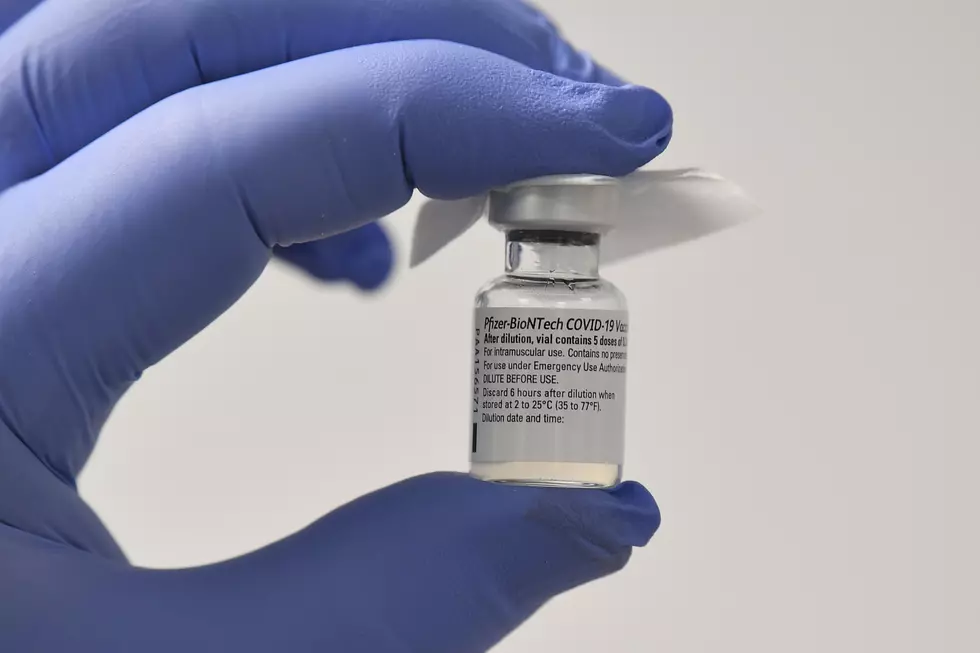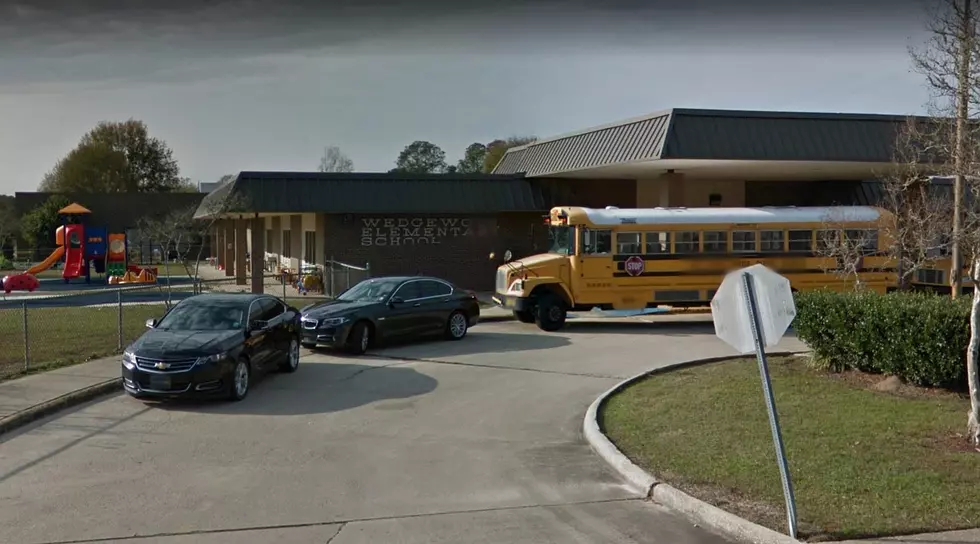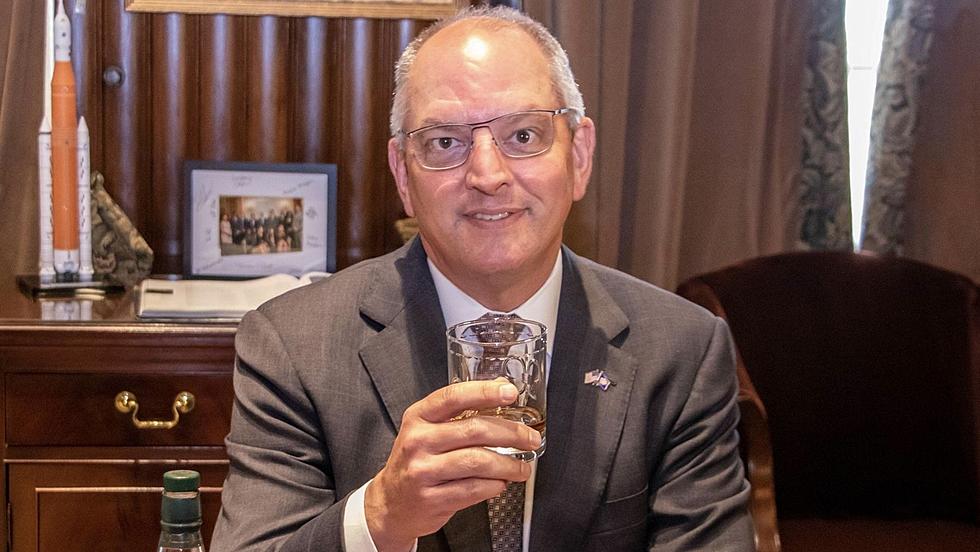
Governor Edwards: Vaccine Near, Won’t be Mandatory
BATON ROUGE, La. (AP) — Gov. John Bel Edwards is seeking to convey hope about a coronavirus vaccine while stressing the imminent threat of Louisiana’s current virus surge. The Democratic governor urged more people on Thursday to take precautions, wear masks and avoid large holiday gatherings. He says the dire reality of COVID-19 will be with the state for months before the vaccine is widely available.
The governor says the state expects to have enough doses to immunize at least 159,000 hospital employees, EMS workers and people living and working at nursing homes this month. Edwards says it is possible we could be administering COVID vaccines to frontline healthcare workers as early as late Sunday.
That plan, however, is dependent on the Pfizer and Moderna vaccines securing federal authorization this month. A panel of medical experts Thursday submitted its recommendation to the FDA that the Pfizer vaccine be given emergency authorization. Edwards said that means we’re just awaiting an expected ok from the FDA.
“We know that we are only days away now of receiving our first doses of COVID vaccine here in Louisiana, it would be the Pfizer messenger RNA vaccine,” said Edwards.
Edwards said the vaccine is staged and ready to be shipped to locations that have been selected throughout the state.
“The shipments of the Pfizer vaccine will go out within hours of the FDA issuing that emergency use authorization, it is going to go out via FedEx and UPS,” said Edwards.
Edwards said we expect to receive about 39,000 doses within the next few days, followed by 40,000 the next week. He says unlike other states and the feds, we will be using all doses upon arrival.
“This is a two-dose vaccine and we are not going to be holding on to half of our vaccine and only providing that first injection to a small number,” said Edwards.
A Pew poll shows 40 percent of Americans would refuse to take the vaccine if offered. Edwards says he hopes they change their mind but it won’t be mandatory in Louisiana, and he won’t be financially incentivizing people to take it.
The first wave of Pfizer vaccines will be administered to frontline COVID-facing healthcare workers, possibly as early as Sunday. A vaccine by Moderna is expected to be approved within the next few weeks as well, and that will be given to nursing home residents and staff.
European reports indicate the vaccine has some side effects, but Edwards says he’s reviewed the data and there are vaccines people already take with side effects worse than what you may experience with the Pfizer vaccine.
“A very small percentage of people will have some soreness at the injection site, well that’s really common,” said Edwards. “For a day or maybe 36 hours they will be a bit sluggish, and that is pretty common too.”
Those reports indicate the heaviest side effects for the Pfizer vaccine come after taking the booster shot 21 days after you are first vaccinated.
Edwards warns the vaccine won’t be available to the general public until sometime in spring and right now we’re facing a highly concerning spike in cases.
“There really is light at the end of the tunnel,” said Edwards who warned, “In the short term that light is a freight train, it’s called a COVID surge coming at us, but there is also a vaccine and the promise that it holds.”
(Story written by Matt Doyle/Louisiana Radio Network and Melinda Deslatte/AP)
10 Foods That Can Help Boost Your Immune System
More From News Talk 96.5 KPEL









